There’s more to New Zealand than the Haka and hobbits. More even than stunning vistas and sunny beaches. Scratch below the surface and find sophisticated cities, tranquil towns, and a distinctly local approach to life.
Let’s talk about what it’s really like living in New Zealand as an expat.
In this guide:
- New Zealand’s overview.
- The legalities of moving to New Zealand: visas and residency options.
- The cost of living: monthly expenses, rentals, and real estate.
- Public transport
- Buying real estate.
- Healthcare and education.
- The pros and cons.
- Where to live in New Zealand – an overview of the most popular expat locations.
- Tips for moving.
New Zealand’s overview
Dreams of Christmas on the beach and the great outdoors have been drawing people to New Zealand for decades.
There is an awful lot more to New Zealand than spending your life on a beach or ski slope, though, and the complexities of this unique country make a difference.
You might think that New Zealand is a paradise for outdoor enthusiasts, and you would be right.
From kayaking around the subtropical Bay of Islands to a spell hiking near Fox Glacier, those who love natural wonders will be spoiled rotten.
If you thought there was nothing for a city mouse in this secluded island nation, however, you would be wrong.
The capital, Wellington, and Auckland both pull their weight as global cities, with smaller cities on the South Island bringing their own charms.
Wellington has the advantage of being the capital city, with an artsy reputation and a temperate climate. It has the flavor of a smaller, sweeter Seattle.
Auckland, the larger second city, is a delightful, sun-drenched melting pot with character bursting out of every seam.
Add to this picture the fact that New Zealand is very safe, has excellent education and healthcare, and you can begin to see why many ex-pats never leave.
Visas and residency options
You will need a visa to reside in New Zealand. If you are from a visa waiver country (the EU, UK, USA, and some other countries), then you will be able to arrive without a visa and travel without working or beginning an extended course of study.
You will still need to fill out an NZeTA (New Zealand Electronic Travel Authority), but it’s more of a pre-arrival form than a visa application.
NZeTA forms would be perfect to cover you for a bit of reconnaissance and preliminary house-hunting.
To stay and work, you will need to choose between a few of the major options. Those under 35, working casually, have the option of a Working Holiday Visa, but this isn’t suitable for families. Here are some of the main visa streams to consider:
Work Visas
Work visas can last up to five years, but more often, two. They require a suitable employer in New Zealand to hire you for a full-time post.
Your employer may have to prove that they looked for a domestic candidate, but the administrative burden of that doesn’t fall on you.
You will need to prove that you meet the basic character and health requirements to move, but otherwise, this visa is relatively straightforward.
Subject to approval and the basic health and character checks, you can also bring your family with you.
Skilled Migrant Visas
Skilled migrant visas are coveted. The application process is detailed, but if you are approved, you can become a permanent resident without a waiting period.
To apply for a visa in this category, you should ideally have a job offer in New Zealand in a field that the NZ government officially considers ‘skilled’.
There are some obvious professions that New Zealand would like to welcome, like nurses, teachers, and doctors, but the list doesn’t stop there by any means.
Work to Residence Visas
Work-to-residence visas are similar to work visas but with two major differences to be aware of.
The first is that your job offer needs to be permanent or long-term and on the long-term skills shortage list. The second difference is that once you have been working on this visa for 24 months, you can apply for residency.
With a standard work visa, you might have to wait as long as five years before applying for permanent residency. This way is a faster route to a permanent visa.
Skill Shortage Visas
New Zealand, like most countries, has gaps in the workforce that it needs to find a way to fill.
Some shortages are regional, and some are short-term, but all of them help you move and start moving toward a permanent residence visa.
The occupations needed are very varied, so if you aren’t a doctor, lawyer, or accountant. Don’t despair. With regions of New Zealand desperate for all kinds of professionals, you might find a surprising niche.
For example, vineyard-laden Hawke’s Bay is calling out for Bakers, Jockeys, and Apiarists. Vehicle painters and car mechanics are also hot property across most Kiwi regions.
These visas usually start at two years, but your application to renew your visa will be strengthened by your work and time spent living in the country.
So, if your application succeeds the first time, the chances of rejection later are low.
Moving to NZ without a job
You can’t typically move to New Zealand without a job. Most visas include the need for a formal job offer or significantly prefer applicants who have a job lined up.
In practical terms, although there is some theoretical wiggle room, most primary applicants will need a job.
Secondary applicants are much less likely to need a job. For example, if you are someone moving with a spouse who holds a job offer, you will probably not need a job yourself.
The cost of living
Yes, New Zealand is relatively expensive.
As the 18th most expensive country in the world according to popular indexes, life in New Zealand won’t come cheap. It is often perceived as expensive by people moving from the United Kingdom, Canada, and the U.S.A.
New Zealand is geographically isolated, and many of the goods you will want have to be imported. That means import taxes and bigger price tags.
The first piece of good news is that compared to Australia, New Zealand is still less expensive. The second is that different parts of New Zealand come with different costs. Some cities or regions are much less expensive than others.
Housing
In popular cities like Auckland and Wellington, on average, you can expect to pay anywhere between NZD $600 to NZD $2000 (or more) per week to rent a big home in urban centers.
Renting a small apartment in a city center may cost you around NZD $400 to NZD $1000 (or more) per week. However, prices may be lower in suburbs or smaller towns.
Here are the average rental prices in various locations:
| City / Town | Small apartment | Family home |
|---|---|---|
| Auckland | $1,800 – $2,400 | $2,400 – $3,400 |
| Wellington | $1,500 – $2,000 | $2,000 – $3,000 |
| Christchurch | $1,200 – $1,800 | $1,800 – $2,500 |
| Hamilton | $1,100 – $1,500 | $1,600 – $2,200 |
| Tauranga | $1,200 – $1,600 | $1,800 – $2,500 |
| Dunedin | $900 – $1,300 | $1,400 – $2,000 |
| Napier | $1,000 – $1,400 | $1,400 – $2,000 |
| Queenstown | $1,800 – $2,500 | $2,500 – $4,000 |
Monthly expenses
Here’s a breakdown of monthly expenses in New Zealand for a couple:
- Groceries: On average, a couple can expect to spend around NZD 400-600 per month.
- Utilities: This includes electricity, water, gas, and heating. The average monthly cost for a couple would be around NZD 150-200.
- Public transport: If you rely on public transportation to get around, a monthly pass in New Zealand’s major cities can cost around NZD 100-150 per person.
- Dining out: If you enjoy dining out occasionally, budget around NZD 250-400 per month for a couple, considering a few meals at restaurants or cafes.
- Internet: On average, a monthly internet bill would be around NZD 80-120.
- Mobile: A basic plan with data and calling for a couple can cost around NZD 80-120 per month.
Public transport
Buses: operate in most cities and towns and offer affordable fares. Prices vary depending on the distance traveled but typically range from NZD$1.50 to NZD$5.00 for short trips within a city.
Trains: New Zealand has several train services that connect major cities and towns. The main lines are the Northern Explorer (Auckland to Wellington), the Coastal Pacific (Picton to Christchurch), and the TranzAlpine (Christchurch to Greymouth). Train fares vary depending on the route and class of travel. Prices can range from NZD$20 to NZD$200 or more.
Ferries: Ferries are essential for traveling between New Zealand’s North and South Islands. The Interislander and Bluebridge are the main ferry operators. Prices for foot passengers start at around NZD$50 one-way.
Taxis and rideshare: Taxis usually have a base fare of around NZD$3.50, with an additional NZD$2.80 per kilometer. Rideshare prices vary based on dynamic pricing.
Cycling: Many cities and towns have dedicated cycling paths and facilities. Prices for renting bicycles vary depending on the location and duration but typically range from NZD$20 to NZD$50 per day.
Living in NZ without a car
In major cities like Auckland, Wellington, and Christchurch, it is entirely feasible to live without a car. These cities have well-developed public transport networks, extensive walking and cycling infrastructure, and a range of amenities within easy reach.
Even in suburban areas of larger cities, it is usually possible to live without a car. Public transport options extend to the suburbs, including buses and trains, making it convenient to commute to the city center or other parts of the city.
However, living without a car in rural areas can be more challenging. Public transport options are limited outside of major centers, and the distances between amenities, services, and residential areas can be significant. Therefore, having a car is often necessary in more remote and rural locations.
Buying real estate
Foreigners face certain restrictions when buying real estate in New Zealand. The country’s Overseas Investment Act (OIA) regulates foreign ownership of property. Here are some key points to note:
Residential property: Non-residents generally need to apply for consent from the New Zealand Overseas Investment Office (OIO) to purchase residential land. This is to ensure that the investment benefits New Zealand.
Sensitive land: Some types of land, known as “sensitive land,” have additional restrictions. This includes land near beaches, forests, lakes, and other important natural areas. Approval from the OIO is typically required for non-residents to buy such land.
Citizens of Australia or Singapore are exempt from the need to get consent for most types of property. However, restrictions may still apply to sensitive land and large lifestyle blocks.
Investor Visa Category: If you plan to invest a significant amount in New Zealand, you may apply for an Investor Visa. This visa allows certain benefits when purchasing property, but it has its own criteria and requirements.
When you can buy real estate without restrictions
Permanent residents of New Zealand who meet the requirements to be ‘ordinarily resident’ can buy property without restrictions.
If you’re ordinarily resident in New Zealand, you’re not classified as an overseas person, and there’s no requirement for you to seek approval for investing in New Zealand assets.
Ordinarily resident for residential land investments: To qualify as ordinarily resident for residential land investments, you must:
- Hold a current residence class visa.
- Have resided in New Zealand for at least the last 12 months continuously (not just visiting).
- Have been present in New Zealand for 183 days or more within those 12 months.
- Be recognized as a New Zealand tax resident.
Ordinarily resident in New Zealand for other investments: To meet the criteria for being ordinarily resident for other investments in sensitive assets, you should:
- Possess a current residence class visa.
- Be ‘domiciled’ in New Zealand or have lived in the country for the 12 months directly preceding the transaction.
- Not have been outside of New Zealand for more than a total of 183 days within those 12 months.
- Express an intention to reside in New Zealand indefinitely.
Types of properties and average prices
Apartments/Units: In urban areas like Auckland or Wellington, prices can range from NZD 400,000 to NZD 1 million or more. In smaller towns or rural areas, prices can be lower, starting from around NZD 200,000.
Houses: In major cities, such as Auckland, Wellington, or Christchurch, prices can range from NZD 800,000 to NZD 1.5 million or higher. In smaller towns, prices tend to be more affordable, ranging from NZD 300,000 to NZD 700,000 or above.
Townhouses/Terraced Houses: In cities, prices usually start from NZD 600,000 and can go up to NZD 1.2 million or more. The prices may be lower in regional areas.
Lifestyle properties: If you’re looking for larger properties with land, lifestyle properties are available outside city centers. These can range from NZD 500,000 to several million dollars, depending on the location, size, and features.
Healthcare in NZ
NZ healthcare is socialized, and coverage with public or private insurance is universal. As a new resident of the country, you will need your private medical insurance for any ongoing treatment.
You will also pay more out of pocket than the subsidized prices for permanent residents and citizens.
You won’t pay for any acute, emergency treatment that is the result of an accident because accidents are covered by public funding. This extends to any person legally in New Zealand, including tourists and visitors.
Primary Care is one of the most privatized areas of the mixed public/private system in New Zealand.
So, expect to pay something when you visit your GP or family doctor, even once you are a permanent resident. It could be a co-pay or a nominal fee.
If you become a resident, then there are subsidies via community health services cards for those with long-term conditions or those living on low incomes.
Many medicines are either free or heavily subsidized by the government, but if you want a specific brand name or formulation, you might have to pay for it yourself.
Private medical insurance is usually less expensive than in the USA, but it depends on your circumstances.
Some expats opt for international health insurance. International health insurance can be quite expensive. To make sure you get the best value for money, compare international health insurance options from various providers to find the best deal.
Schools and education
All legal residents in New Zealand can attend local schools and are entitled to free education.
Enrollment process:
- Start by researching local schools in your area. Consider factors such as proximity, reputation, curriculum, and any other specific requirements or interests you may have.
- Once you have identified a school that suits your needs, contact them to express your interest in enrolling. Most schools have a dedicated enrollment office or staff member who can assist you with the process.
- The school will provide you with a list of documents required for enrollment. This typically includes proof of residency, a student’s birth certificate or passport, immunization records, and previous school records.
- Fill out the necessary application forms.
- Depending on the school and grade level, an interview or assessment may be required. This helps the school evaluate the student’s abilities and ensures proper placement.
- If the school accepts your application, you will receive an acceptance letter. This letter will provide instructions on how to complete the enrollment process, which may involve submitting additional forms or fees.
- Once enrolled, schools often hold orientation sessions for new students and their families. This is an opportunity to familiarize yourself with the school’s policies and facilities and meet teachers and staff.
Private and international schools
Another option is to enroll your child in a private or international school.
Major advantages of private schools are the smaller class sizes, better equipment and facilities, and a specialized curriculum that caters to specific educational philosophies or focuses on particular subjects.
Here are some of the private and international schools in New Zealand:
- Auckland International College (Auckland): Cambridge International Examinations (CIE), approximate fees: NZD 30,000 – NZD 45,000 per year.
- Wellington College (Wellington): New Zealand National Curriculum, approximate fees: NZD 19,000 – NZD 28,000 per year.
- Kristin School (Auckland): International Baccalaureate (IB), approximate fees: NZD 18,000 – NZD 34,000 per year.
- Saint Kentigern College (Auckland): New Zealand National Curriculum, approximate fees: NZD 24,000 – NZD 33,000 per year
- Queen Margaret College (Wellington): International Baccalaureate (IB), approximate fees: NZD 16,000 – NZD 25,000 per year.
- Scots College (Wellington): New Zealand National Curriculum, approximate fees: NZD 15,000 – NZD 30,000 per year.
- Rangi Ruru Girls’ School (Christchurch): International Baccalaureate (IB), approximate fees: NZD 20,000 – NZD 30,000 per year
Homeschooling
Homeschooling is allowed in New Zealand.
Children in New Zealand must be enrolled in school from the age of six. However, families can choose to homeschool their children by applying through the Ministry of Education website before the child turns six.
Once the application is approved, families are legally allowed to homeschool.
Older children attending a registered school can be withdrawn after receiving approval for homeschooling.
The approval process takes about 4-6 weeks, during which the child must continue attending school.
No additional permission is needed for homeschooling as long as Ministry guidelines are followed. The Ministry may contact the school to discuss the child’s progress as part of the application approval.
Homeschooling parents need to demonstrate that they can provide education that is regular and effective, meeting Ministry requirements. While there is no obligation to follow the national curriculum, the child’s education should align with Ministry standards.
For more information, visit the Ministry of Education website.
The pros and cons of living in New Zealand
The pros
1. Scenery
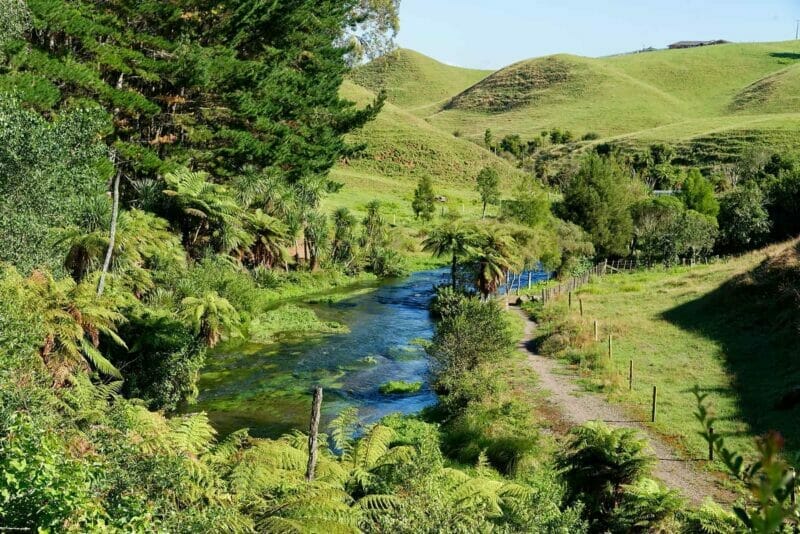
Stunning scenery is everywhere. You can’t get away from the unique splendor of the natural world in New Zealand. Everyday life is set up with the assumption that you will want to spend as much time outdoors as possible.
2. Weather
Think about where in New Zealand you want to live, but within this one small country, you can find almost any weather you want. Snowy peaks and sun-baked islands are both standard fare.
3. Public education
Public schools are available to everyone with a relevant visa. Often free, but otherwise moderately priced. They are rigorous and geared towards getting the best for every child.
Universities are a popular path and well subsidized, with generous loan forgiveness policies for residents and citizens who stay to use their degree within New Zealand.
4. Eating out
Food can be expensive in New Zealand, but the markup on eating out is usually modest. This tends to encourage a culture of going out and about, sampling new things, and being social.
New Zealand is fiercely proud of its produce, and the restaurant sector takes pride in making it shine.
5. Atmosphere
New Zealanders have collectively mastered a can-do attitude without it ever seeming in your face. They are quietly determined in all their endeavors, whether that means climbing a mountain, producing a film, or just riding a ferry to work all winter long without ever putting on a coat.
The cons of living in New Zealand
1. Limited motorways
If you are from a place where you expect all roads to have two lanes and tarmac, then rural New Zealand will surprise you. Some people take this as part of their adventure but bear it in mind.
The network of large, well-maintained roads is limited outside cities. It’s not complete wilderness, but rural Kiwis favor a four-wheel drive for a reason.
2. Housing
Colonial villas are beautiful, and there are plenty of lovely residential neighborhoods, but housing can be expensive. Especially considering that many properties in New Zealand don’t come with insulation, central heating systems, or double glazing.

Kiwis are a hardy bunch, and they take a draft or two on the chin.
In Auckland, some people don’t mind surviving with a few extra jumpers in the winter. Further south, you should check your prospective home for cold weather comforts.
3. Reality vs imagination
New Zealand can feel a world away from everything else. It is breathtaking, and it certainly looks like a fairytale in places.
Some people are surprised when they realize that it isn’t immune to problems. Global problems like social deprivation and crime do crop up in places.
New Zealand is generally a thriving society, but some areas still struggle with crime and poverty.
Where to live in New Zealand
1. Auckland
If you want a big city, Auckland is your answer. Auckland is scarcely possible to call a single city. With the North Shore, Central City, Manukau, and Waitakere all making up part of the northern melting pot, Auckland is full of life.
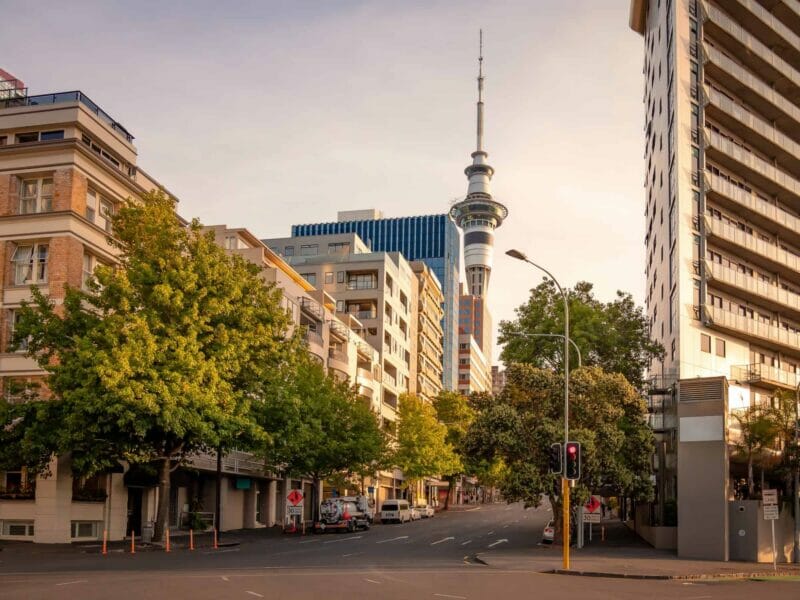
North Shore has pretty, upmarket suburbs, good access to transport links, and several good options for schools. Devonport and Bayswater are particularly popular with expats.
Waitakere is the wildest of the bunch, with some of its suburbs nestled in bush forests. Try the vibrant young suburb Kelston or the established, woody wonderland in Titirangi.
Manukau is the southern city within a city. Diverse, lively, and on the more affordable side for Auckland.
Central districts all have a distinct feel, from hippy Point Chevalier to trendy Ponsonby and Grey Lynn. For the well-heeled and established, there are Remuera and Herne Bay. If you prefer something more modern and urban, you could live right in the CBD, Newmarket, or Eden Terrace.
You can find more information about this city in our Living In Auckland As An Expat guide.
2. Wellington
If you want capital amenities without fuss, look at Wellington. To the rest of the world, Wellington is an undiscovered gem. Auckland is the bigger, more bombastic sibling, but Wellington is perfectly formed, almost curated.
You can be in the capital city at 5 pm and an unspoiled nature reserve by half-past.
The windy city has plenty of beautiful coffee spots for taking refuge. It is also a gathering point for live music, as well as being family-friendly.
Find out more about the costs, best areas, amenities, and lifestyle in our Living In Wellington guide.
3. Dunedin
For the academic with an eye on the outdoors, give Dunedin a try. Dunedin is a compact city with a lot to offer. A historic botanical garden, a striking black basalt train station, and a world-renowned university make the inner city grand. It has all the life that students bring to a city and no shortage of charm.
There are countless forests and beaches within the city limits, so you won’t have to go far to enjoy spectacular nature.
Housing in Dunedin is a little cheaper than in larger cities, but this town is anything but provincial.
4. Christchurch
Christchurch welcomes new residents with a mild climate and the option to ski or surf within a two-hour drive.
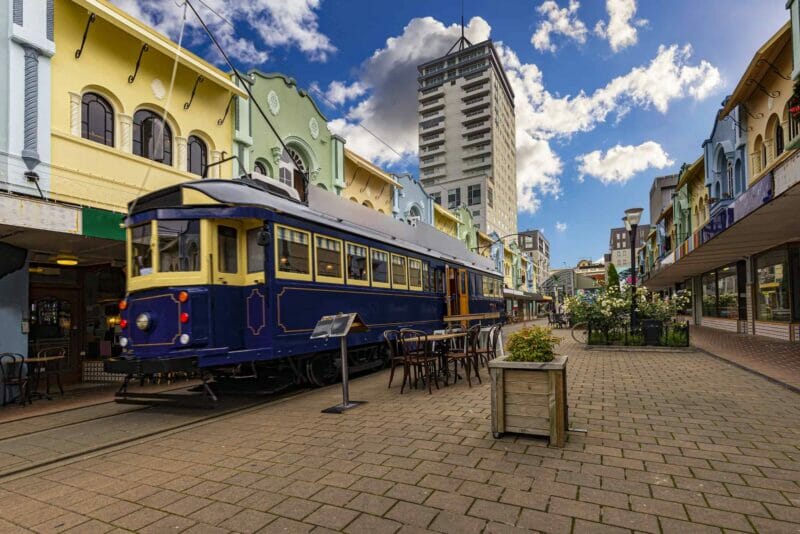
Recovery is ongoing from a recent bout of earthquakes, but the spirit of Christchurch hasn’t moved an inch. Most local cafés and a range of events are keeping the spirit of Christchurch thriving.
The city is one of the more affordable options in New Zealand, with buckets of character to charm new arrivals. You can even go punting through the historic center on the Avon River.
Read more about this location in our guide on The Best Areas To Live In Christchurch.
5. Coromandel
The Coromandel is famous for its white-sand beaches, sunshine, and slower pace of life. All of that is true, and you can’t miss the Coromandel. It is overflowing with beauty.
The erstwhile hippie haven now beckons weekenders and holidaymakers.
It can feel like the only place to be, but remember your everyday needs. Finding a permanent job offer could be harder, and certain amenities become stretched at peak season.
6. Queenstown
Queenstown looms large in travelers’ minds.
Undoubtedly, the ski town is beautiful, and the natural surroundings are incredible. In the long term, though, you should bear in mind that the prices for accommodation, food, and transport are steep.
You can find more inspiration in our Best Places To Live In New Zealand guide.
Things to know before you move
On the road
For people used to the size of the UK or Ireland, New Zealand can seem intimidatingly large. The driving distances are long, and the road quality is variable.
Most New Zealanders don’t think an hour is a long drive, and the most common way to travel between the two biggest cities (Auckland and Wellington) is to make the eight-hour drive.
Cars are relatively cheap, and in New Zealand, you can start driving at just 15. Getting on the road is a rite of passage.
For people moving from the USA and Canada, the biggest difference will be that in New Zealand, you drive on the left-hand side of the road.
Pies
Pies are something close to a religion in New Zealand. If you walk into a dairy (or, as you may know it, a corner store or shop), you are less likely to find a fridge of sandwiches or ready-to-eat meals than a heated cabinet full of meat pies.
New Zealand loves meat pie, both as an old favorite and a classic to deconstruct and reinvent. They are everywhere.
Sports
The sports-mad reputation New Zealand has is well-earned. A kiwi who doesn’t consider themselves ‘sporty’ is still likely to play at least one sport, run, climb, or swim in their spare time.
Breezily announcing that you’re not into sports will get one of two responses.
The first option is a stare that suggests you’ve grown a second head. The second is an amused laugh from the person you’re talking to. Right before they agree and say that they really only ski, surf and run a bit at the weekends. Casually, you know.
Kiwis don’t bite
Most people in New Zealand are friendly, sincere, and welcoming. Especially in cities, people are used to and happy to encounter new neighbors.
South Islanders have a reputation for being a little dour on first acquaintance, not unlike their distant cousins in some areas of Scotland.
This will be more noticeable to newcomers from the United States or Canada. Kiwi customer service takes a polite, reserved tone rather than bouncy enthusiasm.
Barefoot children
Especially in the warmer north, you will see people walk around without shoes. Mostly children, but not exclusively. This is on purpose and because they prefer it that way.
Some primary schools will even have children in lessons and on the playground without shoes.
Health and safety culture
Litigation culture, health, and safety call it what you will. New Zealand is either blissfully free of it or many years behind, depending on your perspective.
American and British parents will notice a lack of cotton wool wrapping when it comes to kids and an emphasis on independence.
Sheep
There really are between 6 and 10 sheep per human being in New Zealand. This isn’t news to people in New Zealand, and they tend to view it as an asset.
The final thoughts on living in New Zealand
When you look at New Zealand, it’s easy to get caught up with the breathtaking views of Mount Cook, the glaciers, and the geysers. Easy, but not the whole story. From melting pots to chocolate boxes, the communities of New Zealand are diverse and developing.
Give some thought to where you’ll find your niche and get ready to get stuck in, as a Kiwi might say.
You might find useful:
- The Four Best Places To Live In New Zealand
- The Best Places To Live In And Around Christchurch
- Living In Wellington, New Zealand, As An Expat
- Living In Auckland: Everyday Essentials For Expats
Helpful external links:
- New Zealand Visa Application Process – how to apply and succeed
- Visa Waiver Countries – a list of countries whose citizens do not need a visa to visit Australia (New Zealand Electronic Travel Authority NZeTA is still required)
- Request New Zealand Electronic Travel Authority (NZeTA) on the New Zealand government immigration site
- NZ public transport

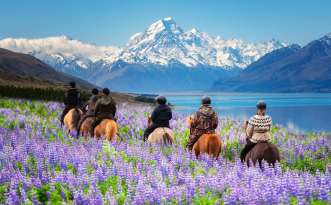
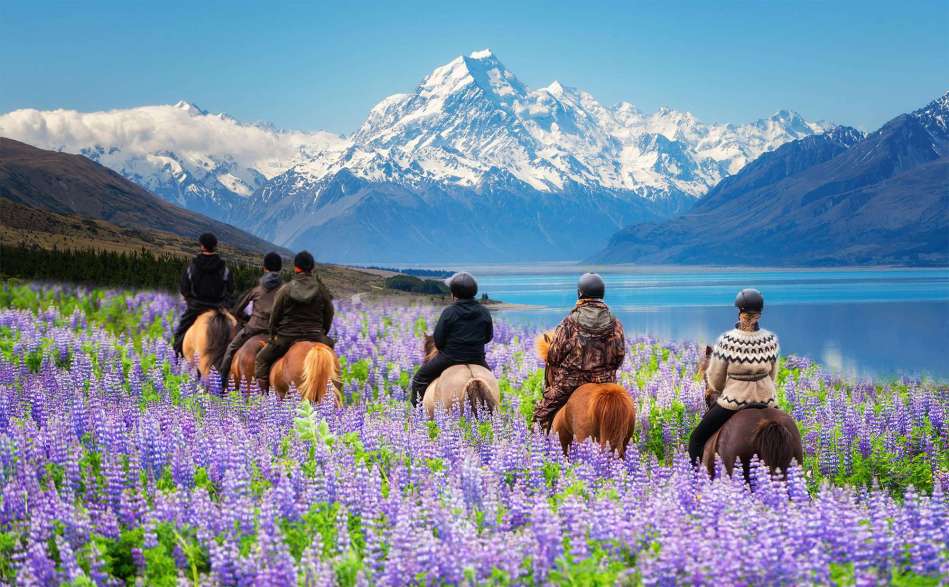
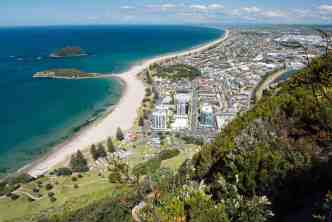
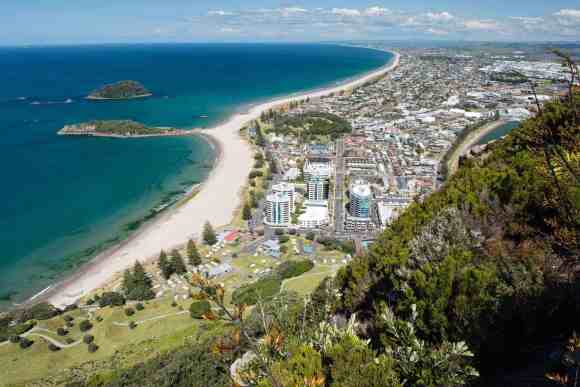
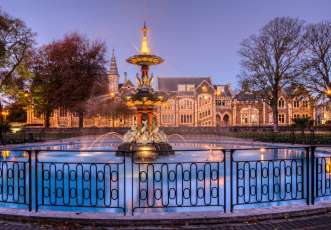
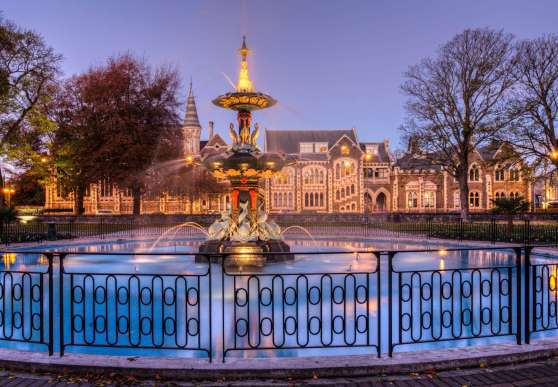
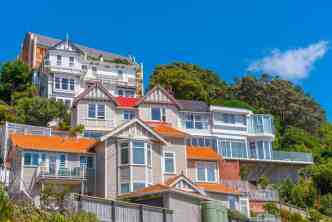
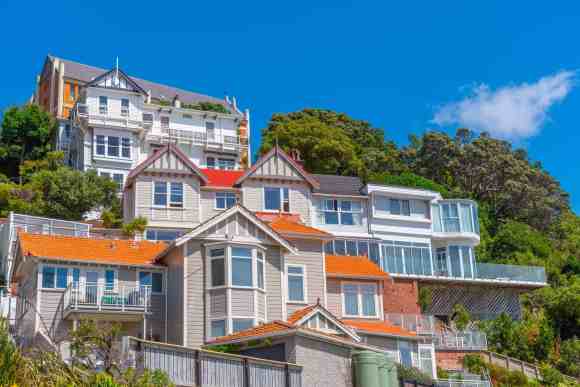


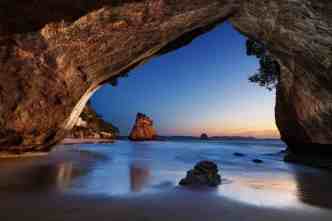
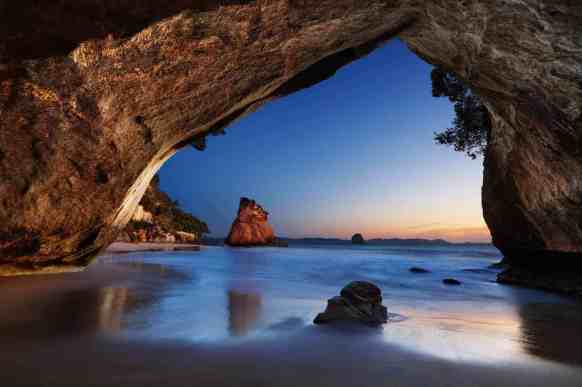
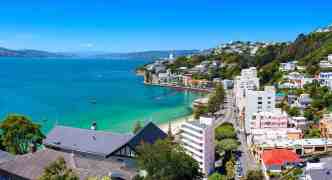
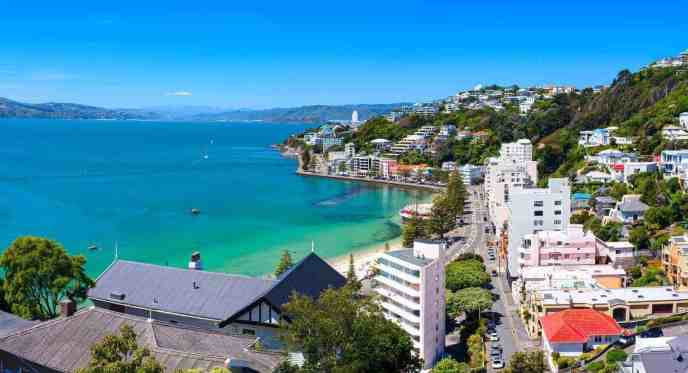
New Zealand and Denmark are the 2 most sensible conscientious countries in this tattered world. We’ve been to NZ, loved it and thought about staying – the pace and the focus is so sensible. Other so-called ‘nations’ in this messed-up world should stop and take a close look at how these caring cultures SERVE their people. In the meantime we’re still here in Victoria BC Canada which is close to a NZ experience!
Whom would you recommend as a shipping company, if any?
Hi Lorra, it’s best to get several quotes to ensure you have the best value for your money. For peace of mind, it’s worth checking that your movers are registered with FIDI: https://www.fidi.org
Hope this helps.